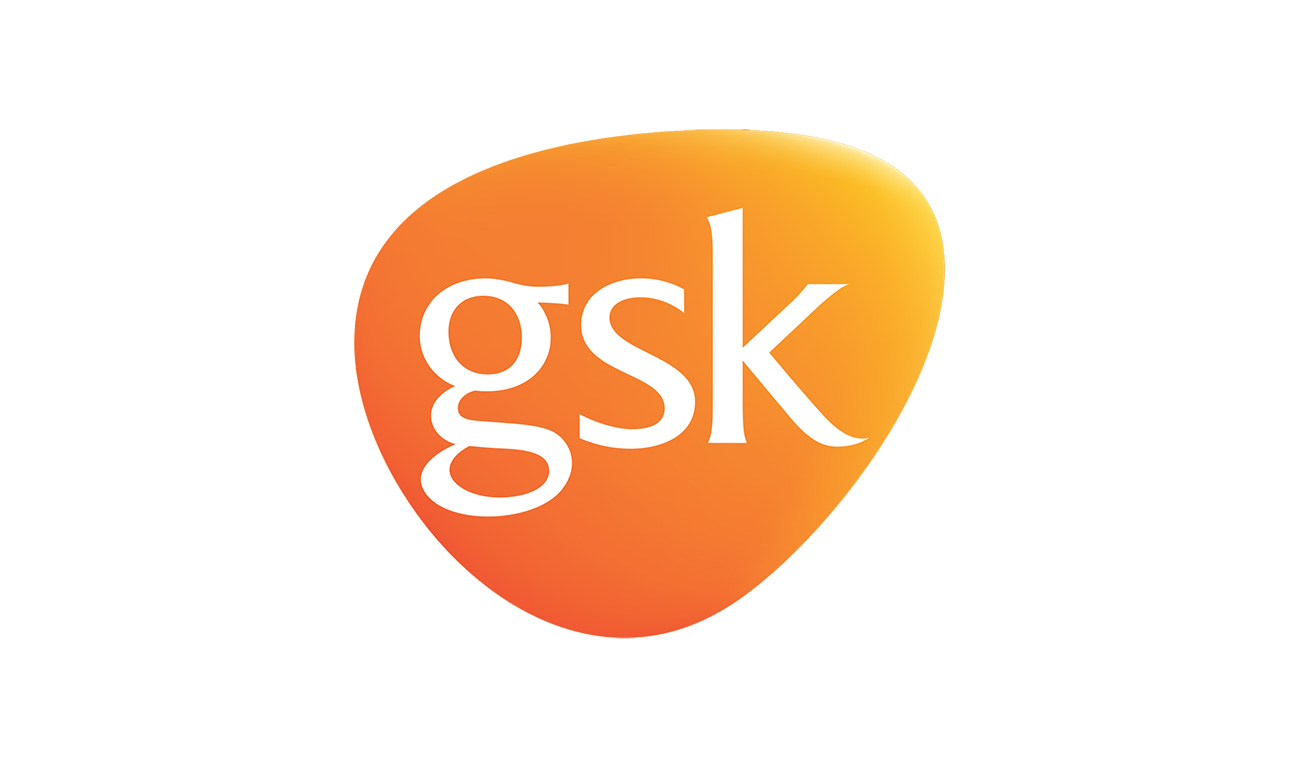Listening...Learning...Acting
By Michael F, GSK Social Media

Like many pharmaceutical and consumer healthcare companies, GSK has a great many resources and assets that we put to use every day to help people live healthier lives in every corner of the globe, including here in the US. These include successful volunteer initiatives, and a range of community programs and investments in our backyards of North Carolina and Philadelphia, as well as at the national level. Yet, we know we can do more--to better leverage and coordinate our expertise to benefit communities, and to tailor our programs and business engagement in a way that responds effectively to local needs in this increasingly diverse country.
The first not-so-surprising insight was that we need to do more listening. Another was that people across America are deeply concerned about health--their health, their family's health and, more broadly, the health of their community--and they expect us to be a partner in helping to make those communities healthier places.
Last week, in Philadelphia, we kicked off the first of a series of local discussions--a listening tour, if you will--through which we hope to identify the barriers to building healthier communities here in the US, and to discuss winning approaches that demonstrate real success in even the most difficult of environments.
The event brought together some of Philadelphia's leading thinkers and practitioners in public and community health. In a working summit and then a public town hall, experts from community organizations, city government, business, and academia talked about the challenges, opportunities, needs, and best practices that must be considered to make Philadelphia a healthier city--neighborhood by neighborhood.
These discussions revealed some important findings. For example, financial pressures and competition among local health care providers are a major impediment to collaboration, even when institutions want to partner at the community level. Another common theme was the need for providers--particularly non-profit organizations--to better communicate the terrific services they provide to even the most underserved populations. The fact is, reaching target audiences is a real challenge for non-profits with limited resources on the marketing side. Lastly, many companies are seeing real results in incentivizing their employees to make good health decisions and those learnings need to be shared more broadly with the non-profit and government sectors.
Later this year and into early 2013, with GSK's support, The Atlantic will host two more discussions (our next event slated for St. Louis). Throughout this period, The Atlantic will cover these issues in a special report on community health. We look forward to the discussion and, ultimately, translating what we learn into meaningful, sustainable actions that will help build healthier communities across the country.

